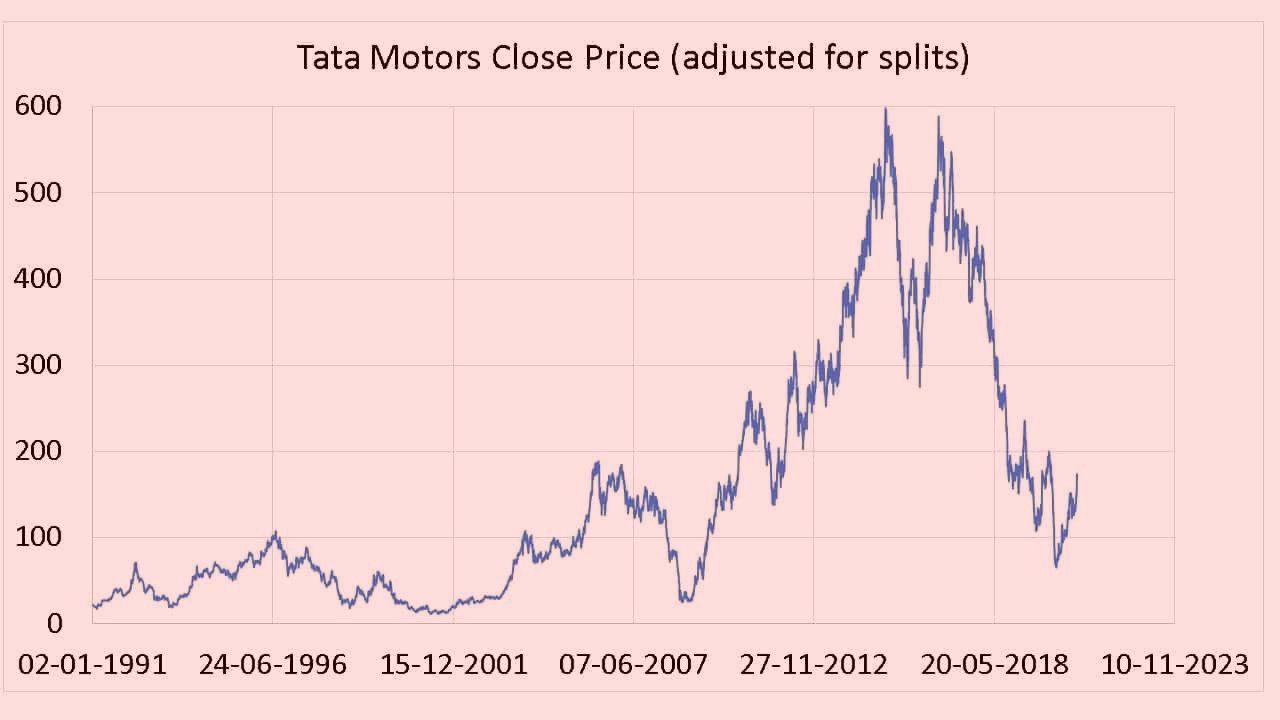Mastering PHP Development: A Comprehensive Guide to Building Dynamic Web Applications
Introduction:
PHP (Hypertext Preprocessor) has long been a popular programming language for web development due to its versatility, ease of use, and extensive community support. Whether you’re a beginner or an experienced developer looking to enhance your PHP skills, this comprehensive course will provide you with a solid foundation in PHP development. By the end of this course, you’ll have the knowledge and skills to embark on PHP development projects confidently and efficiently.
Module 1: Introduction to PHP Development
In this module, we will delve into the basics of PHP programming. You will gain an understanding of PHP’s syntax and variables, as well as its data types and operators. Additionally, we will introduce you to popular PHP frameworks, which can significantly streamline development processes.
Module 2: PHP Database Integration
Connecting PHP applications with databases is essential for building dynamic web applications. This module will guide you through the process of working with SQL and PHPMyAdmin, enabling you to perform CRUD (Create, Read, Update, Delete) operations efficiently. Moreover, you will learn about implementing robust security measures to protect your database from unauthorized access.
Module 3: PHP Security Best Practices
Securing PHP applications is crucial to protect sensitive data and prevent potential vulnerabilities. In this module, we will explore common security threats in PHP applications and provide you with techniques for writing secure PHP code. You will learn how to implement user authentication and authorization, defend against cross-site scripting (XSS) and SQL injection attacks, and bolster the overall security of your PHP projects.
Module 4: PHP Performance Optimization
Optimizing the performance of PHP applications is vital for delivering fast and responsive web experiences. This module will teach you how to identify performance bottlenecks in your PHP code and optimize it using various techniques. We will also cover caching mechanisms in PHP and guide you through load testing and benchmarking your applications.
Module 5: PHP Frameworks
PHP frameworks offer developers a structured and efficient way to build robust web applications. In this module, we will introduce you to popular PHP frameworks such as Laravel, Symfony, and CodeIgniter. You will learn how to leverage the features and functionalities provided by these frameworks to accelerate your development process. We will also share best practices for PHP framework development.
Module 6: PHP Project Management
Efficient project management is crucial for successful PHP development. This module will cover agile methodologies in PHP development, guiding you through setting up development environments and collaborating with teams using version control systems like Git. Additionally, we will explore the process of deploying PHP applications to servers.
Module 7: Advanced PHP Concepts
Building upon your foundational PHP knowledge, this module will dive into advanced topics. You will learn about object-oriented PHP programming, working with APIs and web services, building RESTful APIs, and integrating PHP applications with external systems.
Module 8: PHP Testing and Debugging
Effective testing and debugging are essential for ensuring the quality and reliability of your PHP code. In this module, we will explore strategies for PHP testing and guide you through writing unit tests. You will also learn debugging techniques and troubleshoot common PHP errors and issues using tools available in the PHP ecosystem.
Module 9: PHP Project Development
In this module, you will apply the knowledge acquired throughout the course to develop a PHP project. Collaborating with peers, you will receive feedback on your project, allowing you to enhance your skills and learn from others’ expertise. Finally, you will present your PHP project to the class for review and evaluation.
Module 10: PHP Development Agency Certification
To evaluate your knowledge and skills in PHP development, a final assessment will be conducted. Successful participants will be awarded the PHP Development Agency certification, showcasing their expertise and readiness to take on PHP development projects professionally
Conclusion:
The journey through this comprehensive PHP development course has equipped participants with a strong foundation in PHP programming. From understanding PHP syntax and variables to mastering database integration, security best practices, performance optimization, and advanced concepts like working with frameworks and APIs, participants have gained a well-rounded skill set.
The course emphasized the importance of secure coding practices, ensuring that participants are equipped to protect PHP applications from common security threats such as XSS and SQL injection attacks. Additionally, participants learned techniques for optimizing PHP code and implementing caching mechanisms to enhance application performance.


